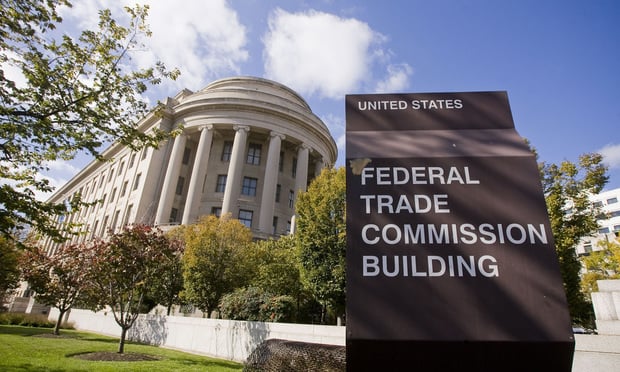In what could be the first court interpretation of the federal government’s $2 trillion COVID-19 stimulus package, a federal judge appeared reluctant to order changes to a portion of the law that some small businesses alleged was leaving them out.
At a telephonic hearing Friday, U.S. District Judge Stephanie Gallagher of the District of Maryland raised questions about whether the Coronavirus Aid, Relief and Economic Security Act, or CARES Act, had an implied private right of action to allow small businesses to sue Bank of America over its application process. She also wanted to know whether the small businesses serving as lead plaintiffs in the class action had actually suffered irreparable harm.










